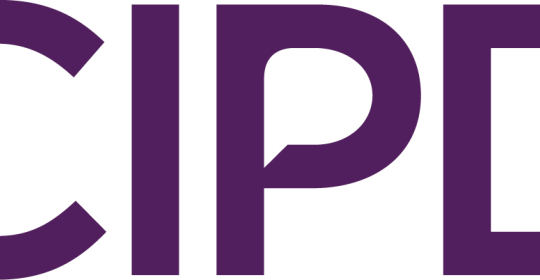UK employee confidence has declined 8.8% since December, according to a quarterly measure of worker opinions from Kenexa (NASDAQ:KNXA), a global provider of business solutions for human resources.
Employee confidence has been correlated to multiple economic and business performance outcomes at the individual, organisational, industry and country levels as well as being linked to consumer confidence.
A high level of employee confidence is achieved when employees perceive their organisation as being effectively managed and competitively positioned, and believe they have a promising future with their organisation, as well as job security and skills that are attractive to other employers. Employee confidence also influences individual behaviour and has implications for organisational performance and economic conditions.
Kenexa's quarterly study, which measures the degree of confidence employees have in their employers' marketplace competiveness and their own careers, involves over 15,500 employees in 12 countries (Brazil, Canada, China, France, Germany, India, Italy, Japan, Russia, Spain, the UK and the United States).
In March 2010, the global employee confidence index score was 93.8, a decrease from the fourth quarter 2009 (98). China (99.8), Italy (98.6) and Canada and Brazil (97.5) reported the highest levels of employee confidence, while France (92.2), Japan (91.8) and the United Kingdom (91, down from 99.8) reported the lowest levels.
Anne Herman, research consultant at the Kenexa Research Institute, said: In the first quarter of 2010, we see a decline in employee confidence scores across all but one of the 12 countries we track. This can be attributed to employees around the globe feeling less favourable toward their organisation's internal operations including having confidence in the organisation's future, believing that the work is being well-led and effectively managed, and believing their organisation
produces high quality products and services. This trend suggests that employees may have been lenient in their assessment of their organisation's leadership over the past year. Given the length of the recent recession, their patience may be wearing thin and this leniency may not continue into 2010.
For the quarter ending 31 March 2010, the 12 largest economies reported a decrease in employee confidence index scores, with the exception of Spain, which reported an increase for the quarter. Despite reporting some of the highest levels of employee confidence in 2009, Brazil experienced the largest decline in the first quarter 2010, down 10 points from the previous quarter.
Herman continued: In quarters three and four of 2009, we saw improvements in some countries' Employee Confidence levels. However, we anticipated that such gains would not be attained without genuine and consistent improvement in the jobs markets. Britain's economy was hit hard by the financial crises and it is, in some ways, suffering more than its EU counterparts or even the U.S. It is critical that policy makers and organisational leaders continue to look for ways to create growth in existing opportunities and to develop new paths for growth.
Rudy Karsan, chief executive officer of Kenexa, said: The measurement of employee confidence continues to show robust linkages to important economic indicators. Our research can be used as a resource to better understand what is happening in global economies and labour markets.
Kenexa's quarterly Employee Confidence Index was started in June 2008 and was normalised for each country to equal 100. Subsequent scores are reported in percents above or below that starting point. The resultant data is available by country, industry, age, gender and job type.
For more information, please call Kenexa on 020 8585 2345 or visit www.kenexa.com






